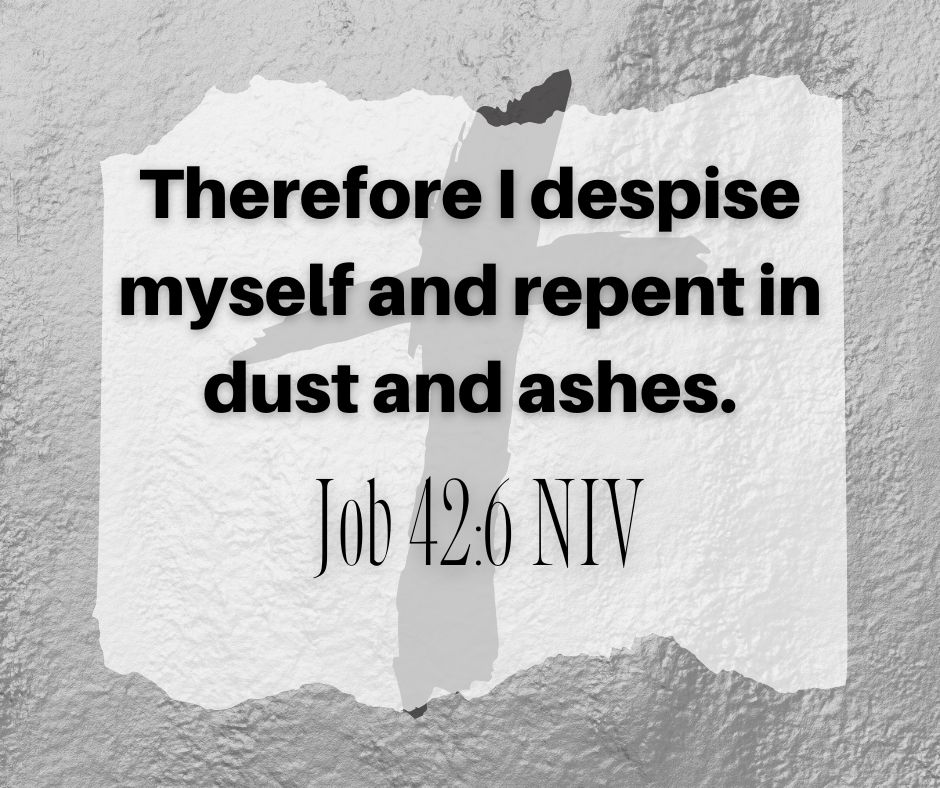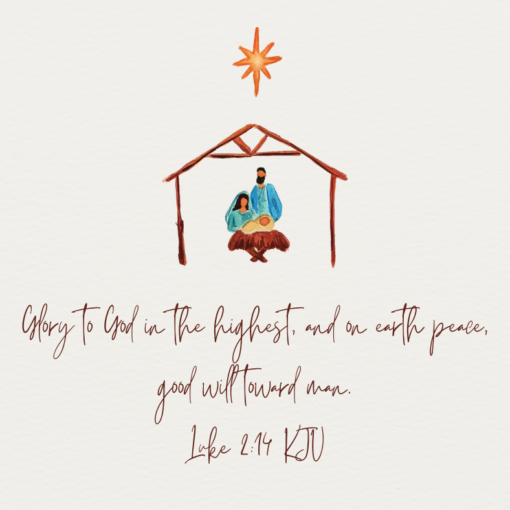C.S. Lewis said, “A Christian is not a man who never goes wrong, but a man who is enabled to repent and pick himself up and begin over again after each stumble.” Repentance is a powerful thing. The first step of repentance is confession. Scripture tells us in 1 John 1:9 (NIV) “If we confess our sins, he is faithful and just and will forgive us our sins and purify us from all unrighteousness.” James also wrote, “Therefore confess your sins to each other and pray for each other so that you may be healed.” If just the first step of repentance brings forgiveness and healing, then imagine what the fullness of repentance can bring!
Ash Wednesday was one of those traditions within some churches that I did not understand as a child. The tradition I was raised in did not celebrate Ash Wednesday. Actually it was quite the opposite. There were many in that tradition that poked fun at those that walked around with an ash cross on their forehead. I remember being conflicted by seeing so many being devoted to the practice and other Christians minimizing it to being something that was useless. Over the years, I have come to value the importance of the practices this day promotes.
Ash Wednesday is the kick off to the season of Lent. Lent is a period of 40 days, if you do not include the Sundays, between Ash Wednesday and Easter. The 40 period is symbolic of Jesus’ 40 days in the wilderness and temptation. Some will focus on giving something up for the 40 day period. Others have turned their attention to taking something up. Individuals that celebrate this way will emphasize taking up a spiritual discipline rather than giving up a bad habit.
Ash Wednesday and the entire season of Lent is a time of reflection and repentance at its very core. While there is no specific reference to Ash Wednesday in the Bible there are many references to practice of repentance. Many of the verses that speak to repentance are tied to salvation. Jesus called people to repent because God’s kingdom was breaking through in a new reality. Peter called people to repent and be baptized for the forgiveness of sins.
There is one particular verse and its context that shows the true power of reflection and repentance. Job 42:6 (NIV) records the words of Job at the end of a book that wrestles with God and suffering. Job said, “Therefore I despise myself and repent in dust and ashes.” What moved Job to this practice of repentance? We find the answer in the previous verse, “My ears had heard of you, but now my eyes have seen you” (Job 42:5 NIV). Job came to understand God on a whole new level through his suffering.
Ash Wednesday offers us an invitation to reflect. It is the beginning of a season in which we pause to contemplate the temptations and suffering of Christ. But it is also a season that ends in the victorious resurrection of Christ. If we approach this season intentionally reflecting on who we are and who God is, like Job we will come out the other side seeing God more fully. If we allow our reflection of God’s great work through Christ to move us to repentance we will truly encounter God’s presence. May this season or reflection and repentance help us to be able to say, “My ears had heard of you but now my eyes have seen you.”
By: Shawn M. Tipton M.Div





One thought on “Ashes to Ashes”
Awesome blog on the relevance and importance of Ash Wednesday!